Jordan is an Arab kingdom in the Middle East / western Asia. Its history dates back to the Paleolithic Period with early civilizations, including the Assyrians, Babylonians, Nabataeans, Byzantines, Greeks, Romans, and Turks, cultivating its land and leaving behind ancient ruins which are now some the most spectacular landmarks in the world. Today, Jordan enjoys a culturally diverse atmosphere with a modern touch, particularly in the metropolis capital of Amman. Jordan’s geostrategic location makes it a significant actor in global affairs with heightened economic opportunities. Sandstone mesas, desert dunes, palm trees, and coral reefs add to Jordan’s fascinating nature and seasonal contrasts. Here at History of Jordan, we would like to take you through a journey, looking at Jordan’s Geography, Society, and Economy
Introduction
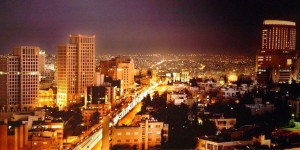 Jordan’s official name is the Hashemite Kingdom of Jordan. Jordan is derived from the name of the river Jordan which flows through its western borders. The efforts for Jordan’s independence were started by Sharif Hussein bin Ali in 1916 as he took action in guiding the Great Arab Revolt against the Ottoman Empire, and his efforts resulted in the declaration of independence from the British mandate and the establishment of the kingdom on May 25, 1946 founded by King Abdullah The First. Then, King Talal Bin Al Hussein took over the kingdom only to leave it to his son King Hussein bin Talal in 1953 Who had a significant role in the growth and development of Jordan in all aspects of politics, economy. Today, Jordan stands as a modern kingdom, headed by King Abdullah II Son of Al-Hussein (1999) with a clear intention for a prosperous and progressive future.
Jordan’s official name is the Hashemite Kingdom of Jordan. Jordan is derived from the name of the river Jordan which flows through its western borders. The efforts for Jordan’s independence were started by Sharif Hussein bin Ali in 1916 as he took action in guiding the Great Arab Revolt against the Ottoman Empire, and his efforts resulted in the declaration of independence from the British mandate and the establishment of the kingdom on May 25, 1946 founded by King Abdullah The First. Then, King Talal Bin Al Hussein took over the kingdom only to leave it to his son King Hussein bin Talal in 1953 Who had a significant role in the growth and development of Jordan in all aspects of politics, economy. Today, Jordan stands as a modern kingdom, headed by King Abdullah II Son of Al-Hussein (1999) with a clear intention for a prosperous and progressive future.
Geography
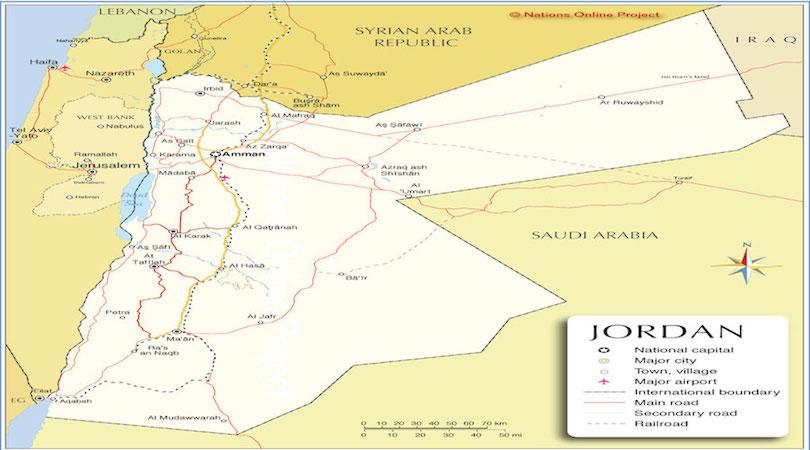
JJordan shares its borders with Saudi Arabia to the south-east, Iraq to the north-east, Syria to the north, and the occupied Palestine to the west. The area of Jordan is about 89 287 SKM.The hot and dry summers have an average temperature of 30°C and the cool and wet winters averages at 13°C. Umm al Dami mountain lying at its highest point, 1854 meters above sea level, and the Dead Sea, 408 meters below sea level, which also marks the lowest point on Earth.
Society
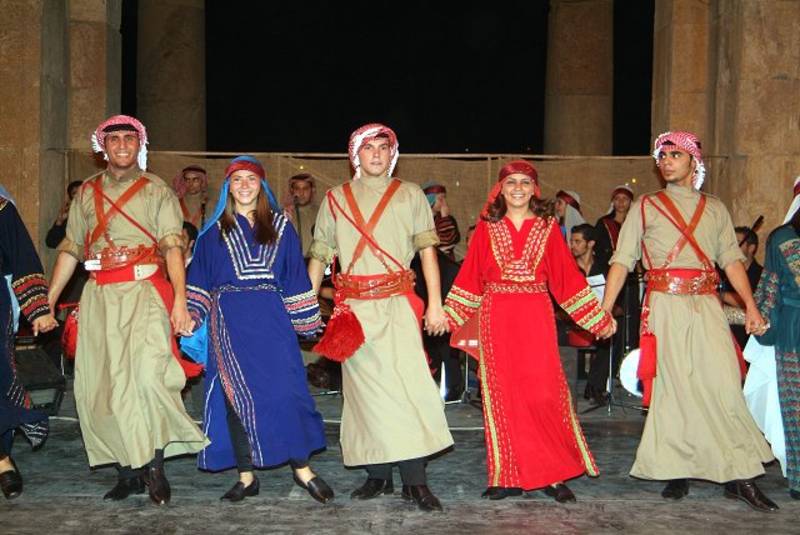
With a population estimated to be near 7 millions (2014). Muslims comprise 97.2% of the population, while Christians are 2.2% and the remaining 0.6% subscribe to other faiths. Jordanian society is made up of a mixture of people from various backgrounds. For example, Bedouins mostly live in the southern and eastern parts of Jordan. Over the centuries their nomadic lifestyle has changed and settled in towns and cities. Jordanians are known for their hospitality and for carrying on the importance of the clan, or tribal significance. As Jordan houses a large number of Palestinians, over the years most of them have become a part of the Jordanian population. These Jordanians of Palestinian origin have greatly contributed to the economy, as other Jordanians of other backgrounds. The non-Arab Muslim population of Circassians come from the Caucasus region of western Asia. Many of them migrated to Jordan in the 19th century due to the Russian expansion into western Asia. Like them, many Chechens also migrated from Grozny and have gradually assimilated into Jordanian society. Other smaller minorities include Druze, Kurds, and Armenians. There has also been a massive influx of refugees due to regional conflicts from bordering countries such as Syria and Iraq.
Government
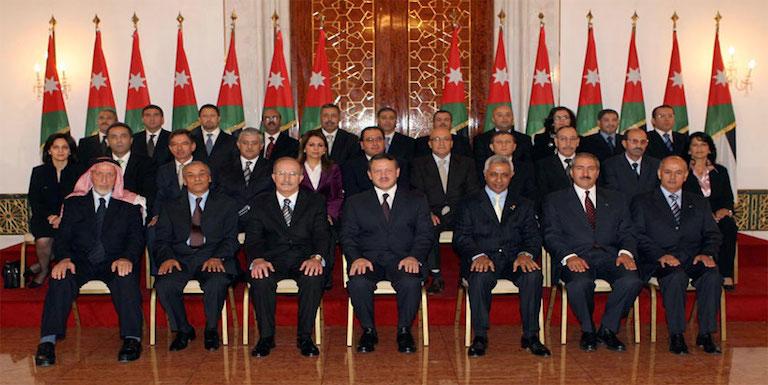
Jordan is a constitutional monarchy headed by the King Abdullah II Ibn Al Hussein, who serves as the chief executive and commander-in-chief of the armed forces. The king appoints the House of Notables (senate) and the prime minister who selects his Council of Ministers (cabinet). The House of Deputies are elected by the people with a set quota for minorities and women. Jordan has a bicameral parliamentary system which comes from a multi-party political system.
Economy
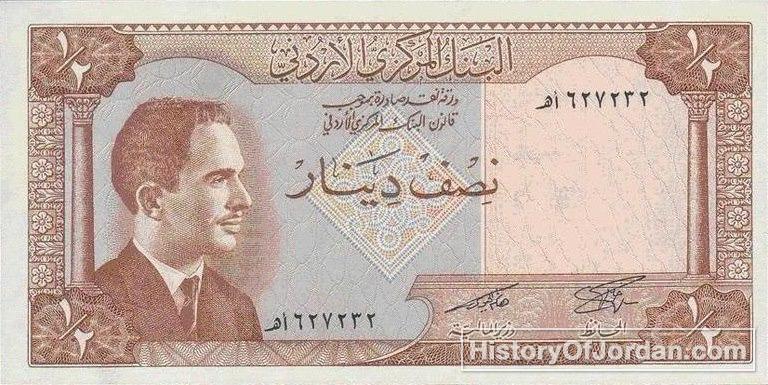
Jordanian government still dominates the economy, providing employment to almost one-third of the entire workforce. Jordan’s currency is the Jordanian Dinar. By joining the World Trade Organization in 2000, Jordan signed a free trade agreement with the US and an association agreement with the European Union. Jordan also has agreements with the European Free Trade Association (EFTA) and the Greater Free Trade Area (GAFTA). The openness to international trade and investment has aided Jordan’s economic infrastructure allowing competitiveness in levels of trade and investment freedom. The largest share of Jordan’s exports is phosphates which are produced in southern Jordan. Other exports include potash, vegetables, fertilizers, and pharmaceuticals. Jordan’s comparative advantage lies in the tourism industry due to its historical, religious, and ecological diversity.